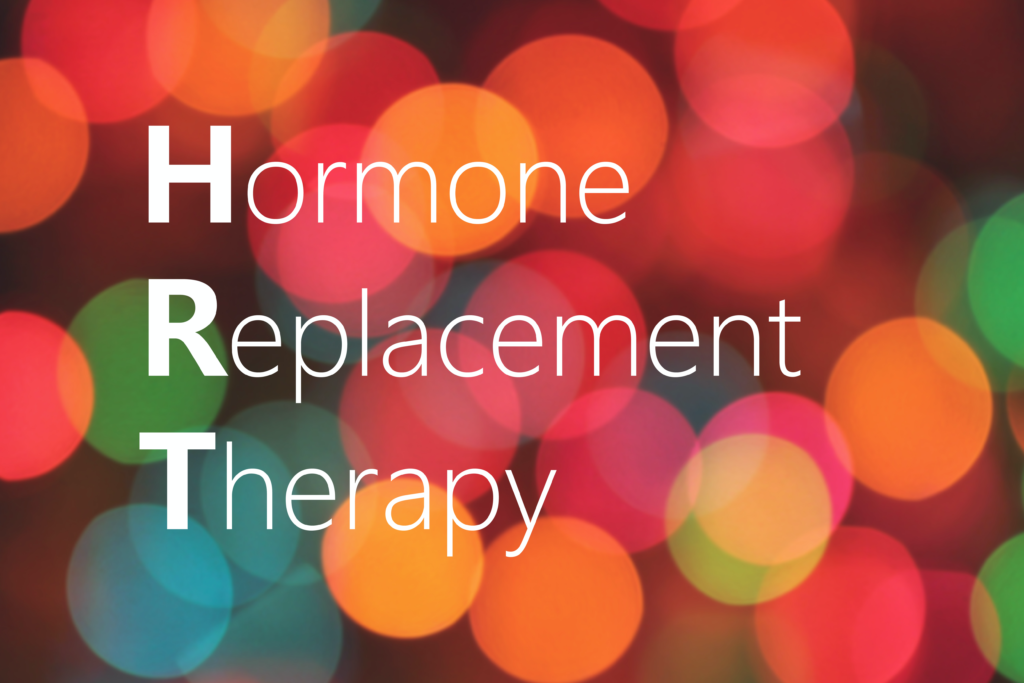The menopause affects all women and can have significant consequences both on wellbeing and later health problems. Despite this, many women are unaware of the effects and are confused about the benefits and risks of treatment. This short series of questions looks at some of the key areas women need to be aware of when approaching the menopause.
What are the symptoms of the menopause?
There are 34 symptoms and signs of menopause! Many of these, such as anxiety, irritability, and joint pains, crop up and women are unaware they are due to their hormones. Hot flushes are experienced by around 80% of women going through the menopause. Often accompanied by extreme sweating, a hot flush is caused by changes in hormone levels affecting the brain’s part that regulates temperature control.
‘Word finding’ difficulties are a common symptom of menopause, also known as ‘brain fog.’ Women often lose self-confidence as they worry about performance at work or difficulties in their relationships. Vaginal dryness, painful sex and a general fall in libido can be a strain on intimate relationships.
How long will I have my symptoms?
Menopausal symptoms can begin months or even years before your periods stop and last, on average, four years after your last period. However, some women experience them for much, much longer. The total length of symptoms is, on average, seven years.

What are the long-term changes after the menopause?
The bones of the female skeleton depend on oestrogen to maintain their strength and resistance to fracture. Oestrogen deficiency after the menopause can lead to bone thinning and, in some cases, osteoporosis. The fall in oestrogen can also contribute to the thickening of the vessels in the heart and brain, increasing the risk of heart disease, stroke, and possibly dementia.
What are the best ways of alleviating my menopausal symptoms?
Hormone replacement therapy (HRT) is the most effective treatment for menopausal symptoms. As well as alleviating hot flushes and other symptoms, if started within ten years of the onset of menopause, reduces the risk of heart disease and stroke.
For women who are unable to or prefer not to take HRT, Cognitive Behaviour Therapy for menopause is an evidence-based treatment that has been shown to improve wellbeing. A healthy lifestyle, including a well-balanced diet, is essential to minimize the effects of menopause and help keep the heart and bones strong.
There is limited scientific research to support complementary therapies such as acupuncture, aromatherapy, herbal treatments, homoeopathy, hypnotherapy, yoga, and reflexology effectiveness and safety. They may sometimes help with troublesome symptoms but are unlikely to impact bone strength, the heart or blood vessels significantly.
Is HRT safe?

The risks of HRT, including the risks of breast cancer and blood clots, are small. In most women, the benefits of HRT outweigh the risks when started within ten years of the onset of menopause. The choice of HRT is important to maintain safety. For women who are obese or at higher risk of a blood clot, transdermal oestrogen is safe (patch or a gel). Women who have had a hysterectomy and only require oestrogen have a lower risk of breast cancer than women on combined HRT and possibly lower risk than women, not HRT. For women who need to take progesterone, micronized progesterone has been shown to have the lowest risk of breast cancer, clots, and cardiovascular disease.

